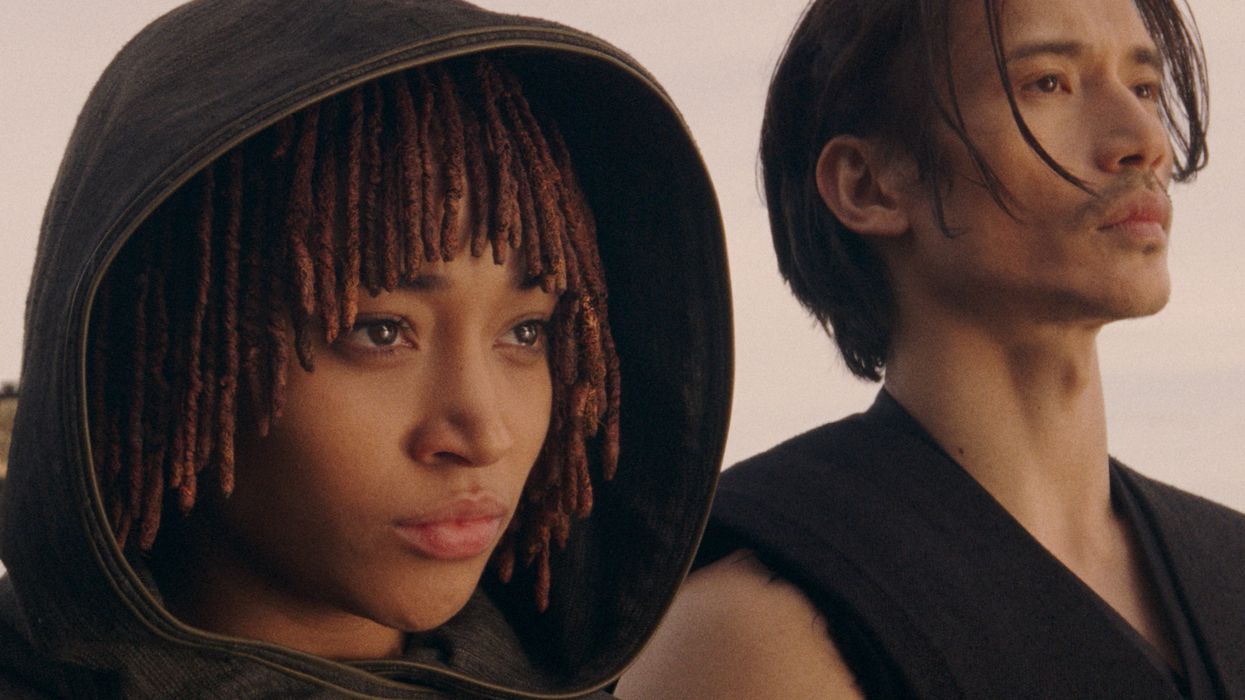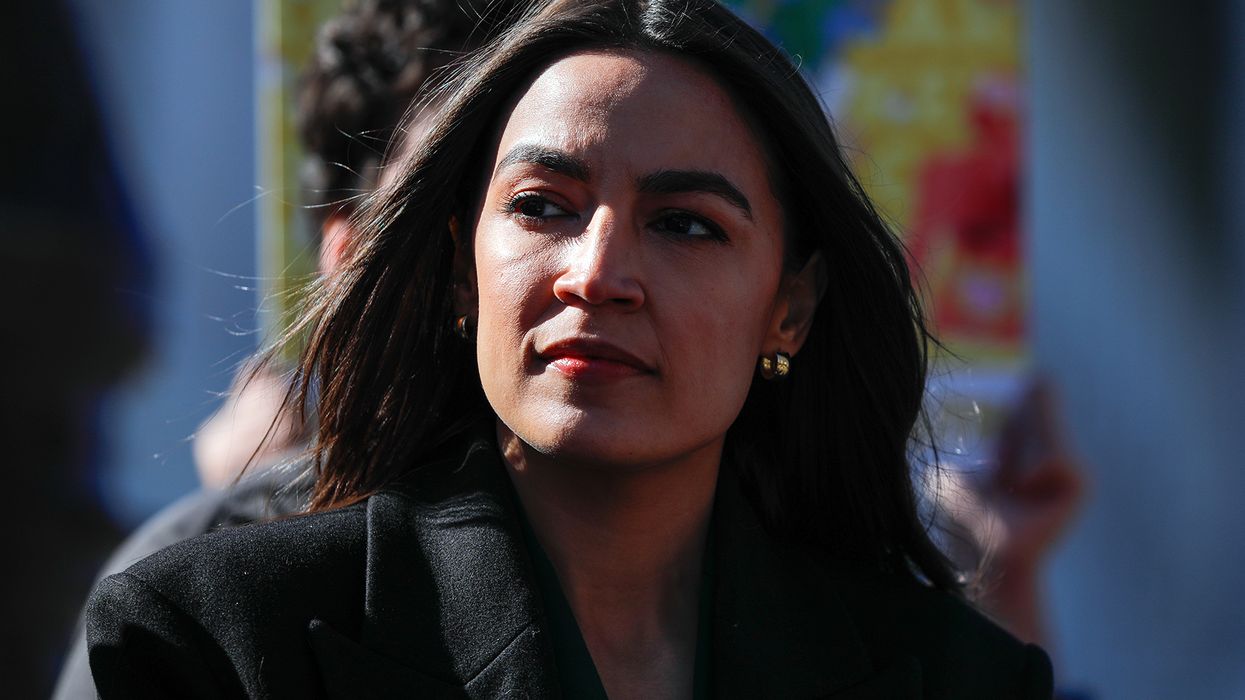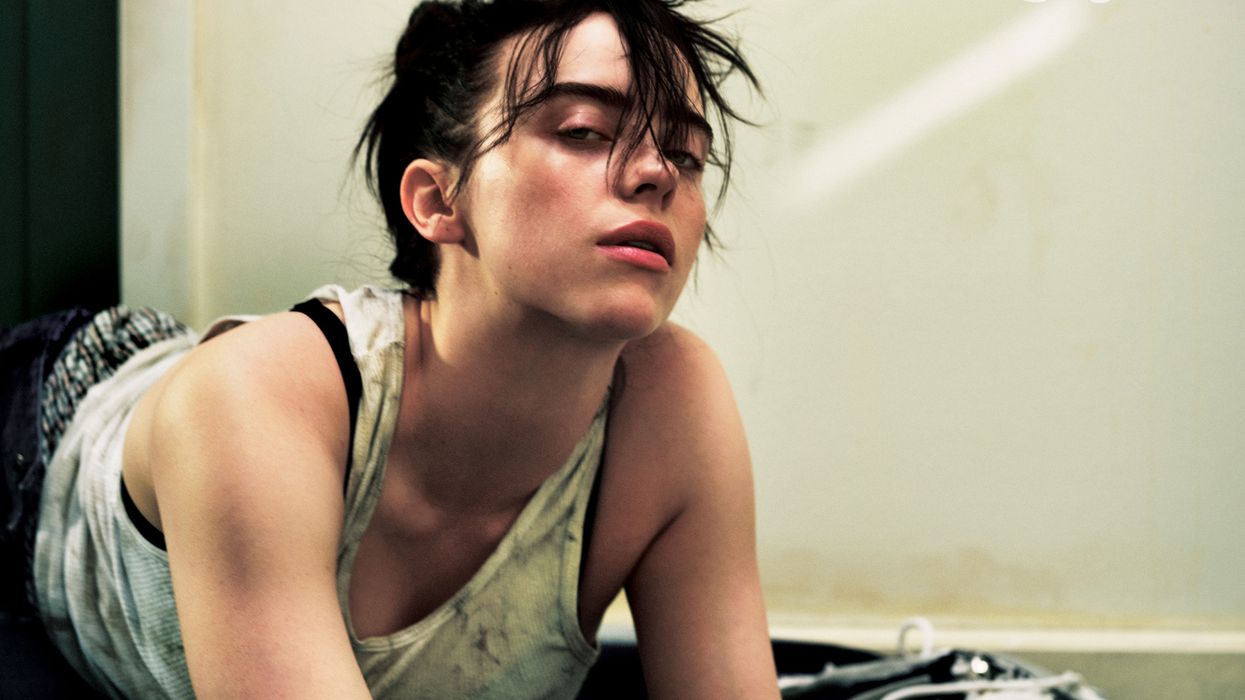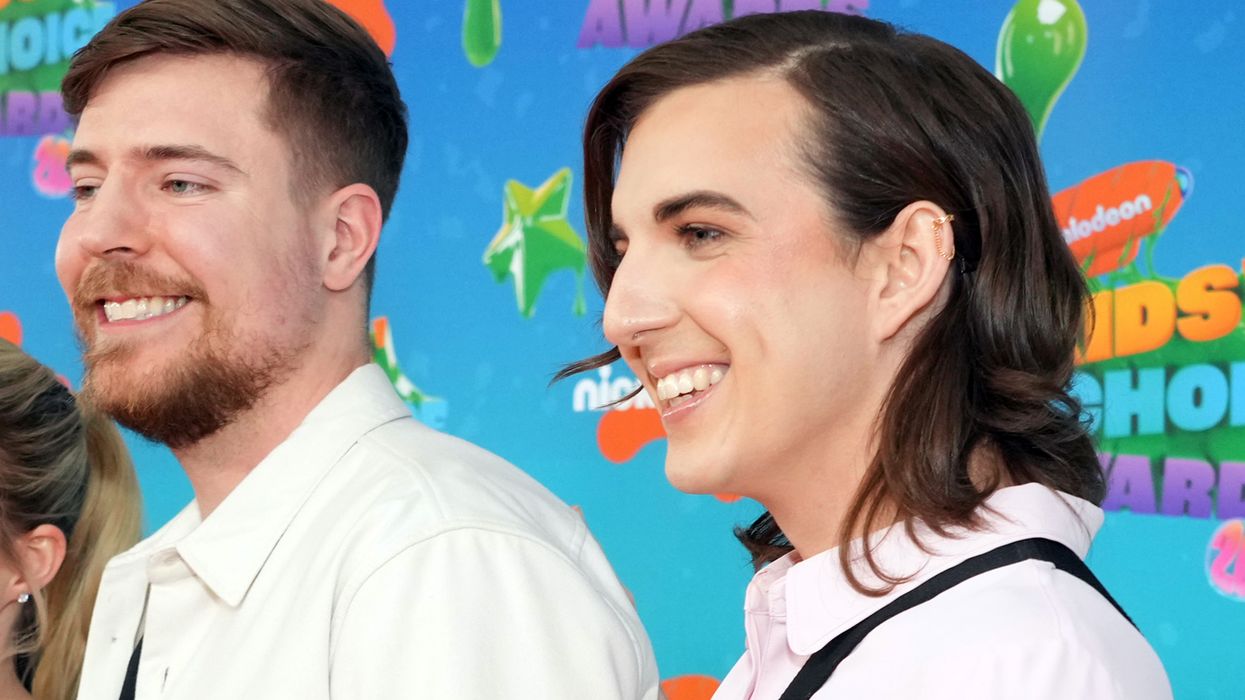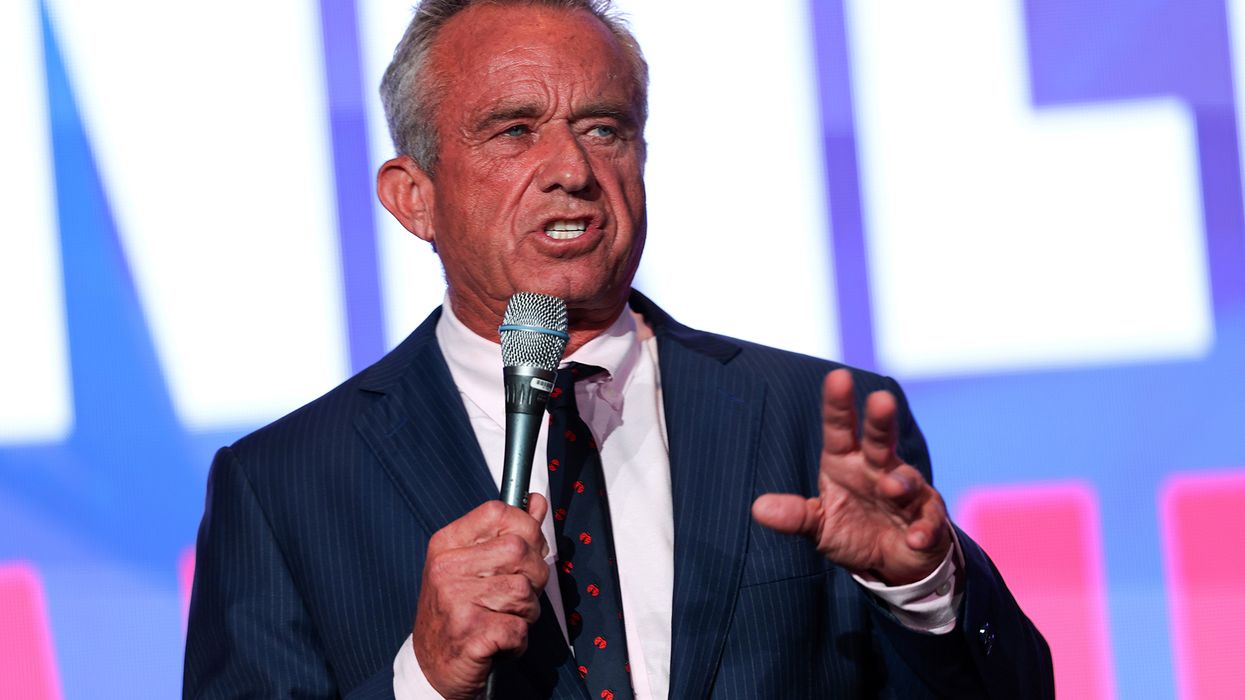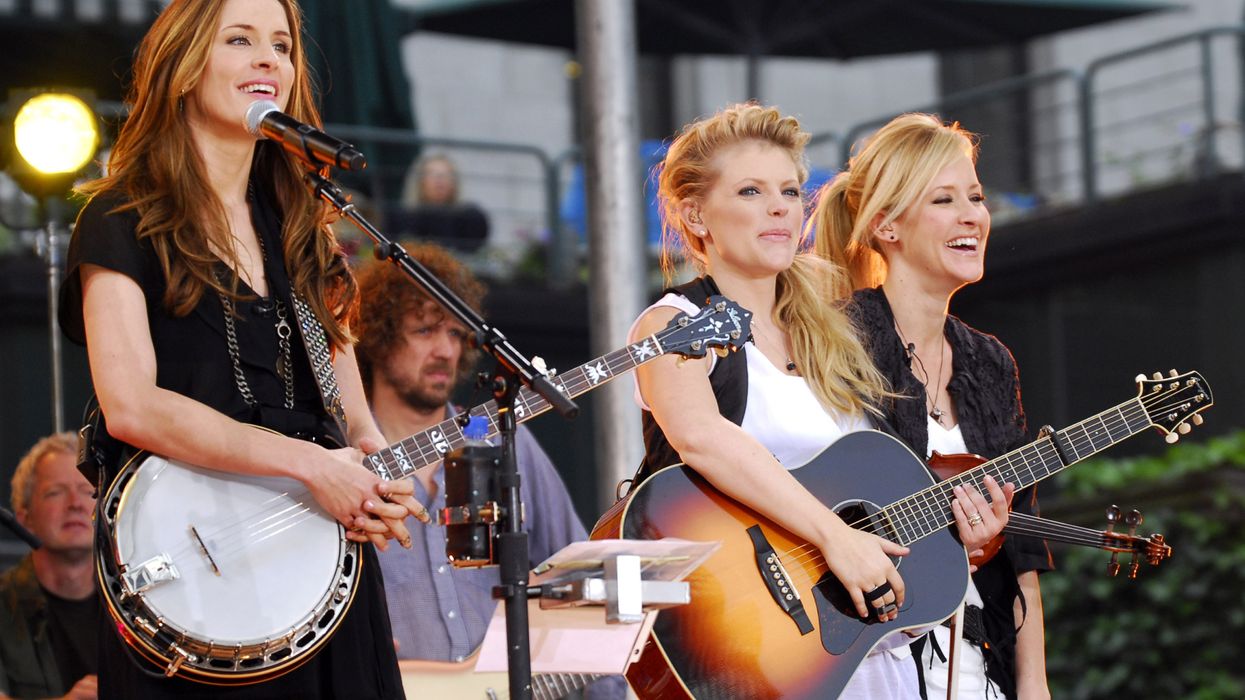We meet Queenie Jenkins under extremely intimate conditions in the first episode of Queenie. She’s in a hospital bed, getting a pelvic exam, while her voiceover narration talks us through recent problems at work, a fight with her boyfriend Tom, and the other challenges of her life as a self-described “loud, brash, sassy, confrontational, bitchy” British-Jamaican woman in her mid-20s. As more and more doctors gather to study an unusual test result, Queenie’s inner monologue suggests that they should call over the janitor while they’re at it.
Queenie was created by Candice Carty-Williams, adapting her acclaimed 2019 debut novel, which she initially sold as “Black Bridget Jones.” The opening scene in the hospital, taken straight from the book, suggests exactly that: an irreverent quarter-life crisis comedy about a woman navigating various personal and professional disappointments. The remainder of the eight-episode miniseries doesn’t lack for comedy, particularly in Queenie’s interplay with her crew of friends and with her opinionated extended family. But the hospital visit is eventually revealed to be more than just a minor annoyance, and all of Queenie’s flighty behavior is gradually tied into darkness in her past that she’s only starting to reckon with. It’s a story whose ultimate power sneaks up on you, because Carty-Williams is smart enough to recognize that the best way for us to understand Queenie is to be confronted by her trauma at the same time, and in the same way, that she is.
Like many of her peers, Queenie (played spectacularly well by Dionne Brown) hasn’t quite fulfilled her biggest hopes. Her relationship with her boyfriend Tom (Jon Pointing) has long been strained, and falls apart before the first episode is over. She works for a newspaper and wants to tell stories about women of color who are traditionally overlooked by mainstream journalism, but her white colleagues treat her as a diversity hire — whose portrait is hung in the lobby, no less, so the world can see how inclusive they’re all being — and encourage her to stay in her lane running the paper’s social media accounts.
Without Tom — and, just as importantly, with him keeping the apartment they shared, while she can’t afford anything decent on her own — Queenie spirals into a series of sexual escapades that seem mildly reckless at first until they also turn out to be reflective of something much more serious, tying back to the reason she won’t speak with her mother, Sylvie (Ayesha Antoine).
This isn’t a show built around shocking secrets. And, in fact, the only real stumble is the presentation of the one notable plot twist. Instead, Carty-Williams and her collaborators (including directors Joelle Mae David and Makalla McPherson) focus on behavior and emotion. When we find out all that Queenie is dealing with, it doesn’t hurt us because it’s particularly surprising, but because of how palpably it’s hurting her, and because it’s so obviously hard for her to move past it all.
In America, the miniseries is part of Onyx Collective, a Disney/Hulu imprint dedicated to stories by and about people of color. (Past entries have ranged from the great documentary Summer of Soul to the unnerving satire The Other Black Girl.) But it was developed by Channel 4 in the UK, and fits into an unofficial tradition of UK half-hours, like Fleabagand Catastrophe, that carefully straddle the line between comedy and tragedy. Queenie leans towards the tragic end of things, but never in a way that feels like a wallow. There’s catharsis for Queenie by the end, and for the viewers lucky enough to go on the journey with her. This is a very sharp, moving, well-told story.
All eight episodes of Queenie are now streaming on Hulu. I’ve seen the whole thing.






